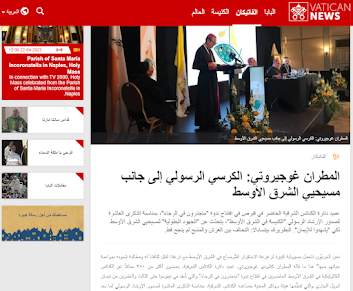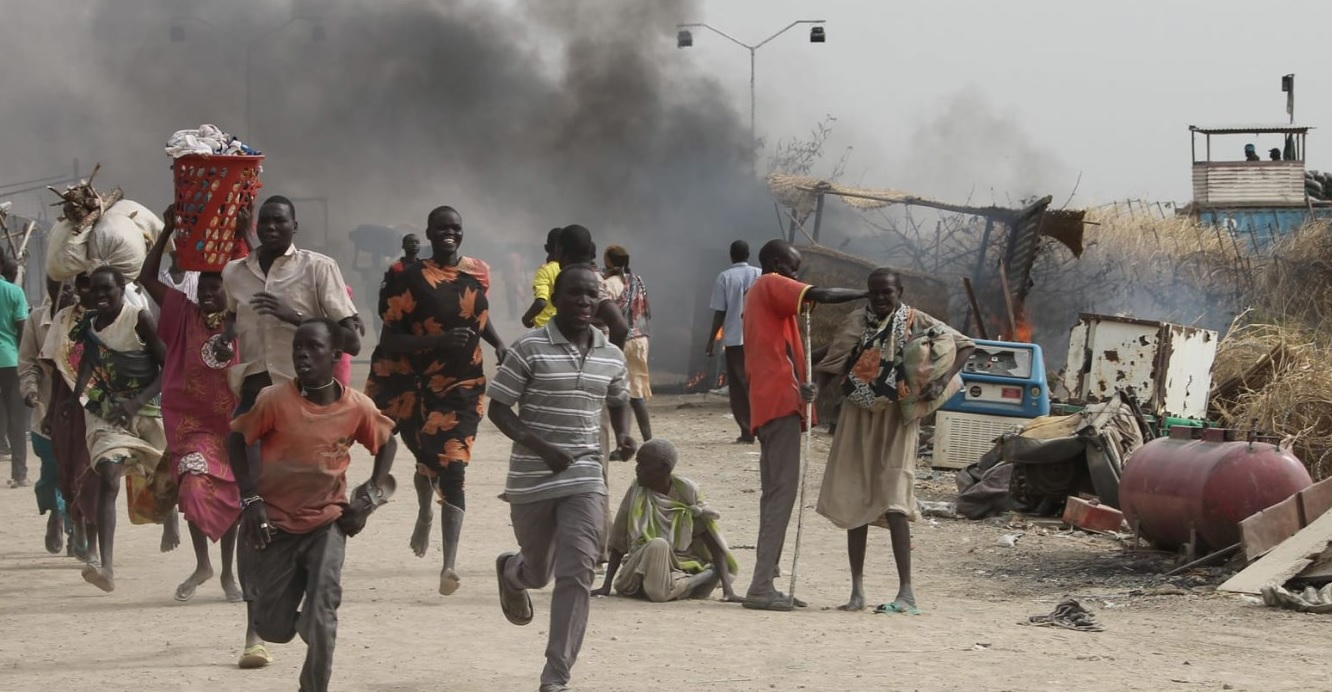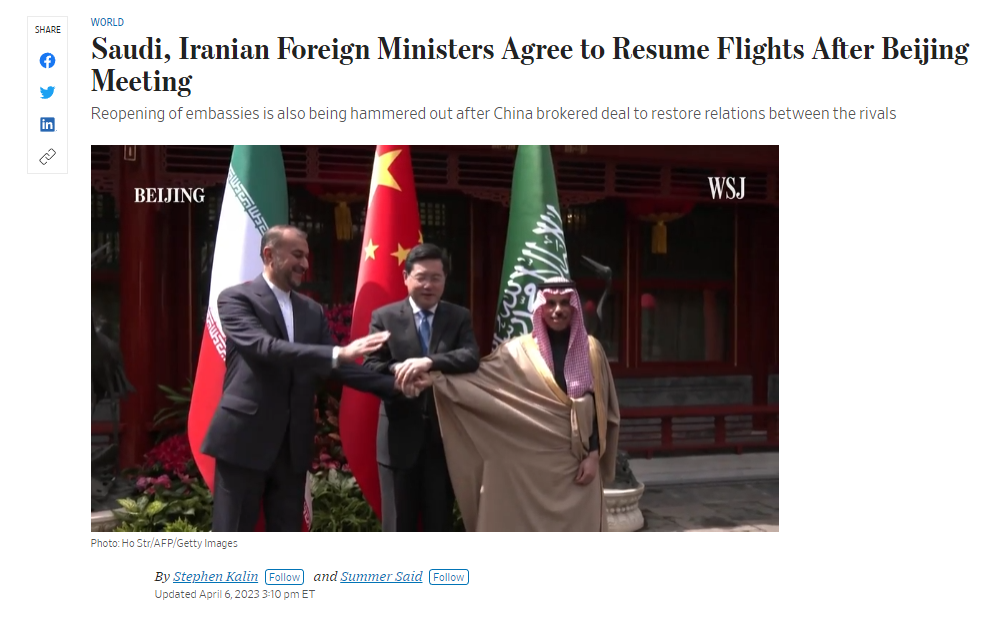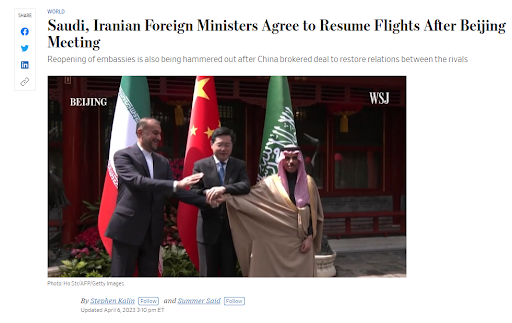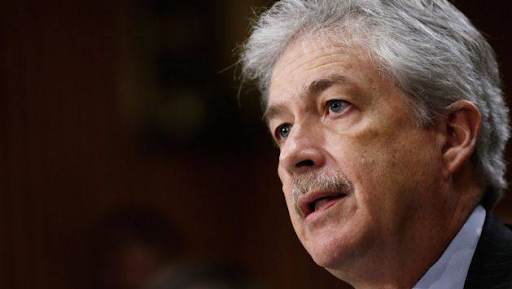
With Truce or Ceasefire remain elusive in Sudan, Clashes continue between the army and the Rapid Support Forces
Today, Sunday, the Rapid Support Forces in Sudan announced the extension of the truce for 72 hours, in response to international, regional and local calls.
The statement issued by the official spokesman for the Rapid Support Forces said: "In response to international, regional and local calls, we announce the extension of the humanitarian truce for a period of 72 hours, starting from midnight tonight, in order to open humanitarian corridors and facilitate the movement of citizens and residents, and enable them to fulfill their needs and reach safe areas."
Simultaneously, the Sudanese Ministry of Foreign Affairs accused the Rapid Support Forces of carrying out "flagrant and repeated" attacks on the headquarters of diplomatic missions and bodies.
The statement added, "In a flagrant violation of all international norms and treaties, on April 28, these rebel forces attacked the Indonesian embassy," accusing them of stealing a diplomatic vehicle belonging to the embassy.
Witnesses told AFP that clashes took place near the army headquarters in Khartoum, and the city of Omdurman, west of the capital, was bombed.
From southern Khartoum, a witness said, "There is very fierce fighting and heavy shooting in the street every few minutes since early morning."
The arrival of the first aid shipment from the Red Cross by air
On Sunday, the first shipment of humanitarian aid from the Red Cross arrived in the city of Port Sudan, as part of the emergency operations it has been carrying out since the outbreak of fighting in Sudan, according to what officials said in a virtual press conference from Geneva.
A statement from the International Committee of the Red Cross stated that the shipment, which was sent from Amman, weighed eight tons and "contained surgical equipment to support Sudan's hospitals and volunteers of the Sudanese Red Crescent Society who provide medical care to the wounded who were injured during the fighting."
The Red Cross added in the statement that it would "send a second plane carrying additional medical supplies and emergency personnel."
"We were able to fly to Port Sudan from Amman as a medical staff with supplies to deal with war-wounded, enough to stabilize 1,500 wounded," said Patrick Youssef, the ICRC's regional director for Africa, at the press conference.
"We now hope to get them as soon as possible to some of the busiest hospitals in Khartoum," he added.
As the fighting enters its third week, families in the capital, which has a population of about five million, and its suburbs are still suffering from a lack of food, water, electricity, and cash, and many of them are staying at home.
Tens of thousands of people have been displaced internally or to neighboring countries, while several foreign and Arab countries are organizing large-scale evacuations.
International and regional powers called for an end to the escalating violence between the two military leaders, but they refused direct talks and exchanged accusations through the media.
Today, UN Secretary-General Antonio Guterres urged support for African-led mediation.
"The United Nations is intensifying its efforts to help people seeking safety in neighboring countries," he wrote on Twitter.
The United Nations said that nearly 75,000 people were internally displaced during the first week of fighting, mainly in the states of Khartoum, Northern, Blue Nile, North Kordofan, North, West and South Darfur.
More than 30,000 people have fled to Chad, South Sudan, Ethiopia and Central Africa, according to estimates by the United Nations, which warned that the number of people fleeing could reach 270,000 if the fighting continues.
The continuous battles between the army and the Rapid Support Forces prompted many countries to intensify their efforts to evacuate their nationals or members of diplomatic missions, by land, sea and air.
The Sudanese Ministry of Health said that the fighting affected 12 states out of 18 in the country.
Sudan has plunged into chaos since the bloody struggle for power erupted in mid-April between army commander Abdel Fattah al-Burhan and the commander of the Rapid Support Forces, Mohamed Hamdan Dagalo, nicknamed "Hemedti".
The war left at least 528 dead and 4,599 wounded, according to figures announced by the Ministry of Health on Saturday, but the toll is likely to be higher.
The two parties to the conflict exchange accusations of violating the armistice, which was extended for three days under international mediation, and ends, Sunday, at midnight.
Earlier, the Sudanese army accused the Rapid Support Forces of turning a hospital into a heavily armed military barracks and command center for operations.
In the details, a statement issued by the General Command of the Armed Forces said: "The rebels turned the East Nile Hospital into a heavily armed military barracks and a command center for operations and continued hostile action after evacuating patients, including critical cases, in intensive care."
The statement also accused the Rapid Support Forces of continuing "indiscriminate shelling and looting of public and private property, including banks, shops, and citizens' homes."
He said that the army is monitoring the rapid support forces moving from the west to the capital, which confirms the continuation of these forces in violating the declared armistice.
The head of the Human Rights Commission in Sudan, Rifaat Mirghani Abbas, warned that the country's health system is on the verge of collapse, as a result of the ongoing clashes since the middle of this month between the army and the Rapid Support Forces.
Abbas said, "We are now talking about a health system on the verge of collapse. Hospitals have become a battleground for both sides and have not been spared from their fire."
He added that the medical personnel are working in very bad conditions, the necessary medicines have become almost non-existent, and ambulances cannot operate safely, in addition to multiple problems related to the health situation.
It is noteworthy that the ongoing battles in Sudan between the Sudanese army on the one hand and the "rapid support" forces on the other, in separate areas, have resulted in at least 14 attacks on health facilities since the fighting began.








